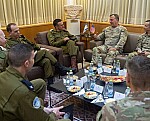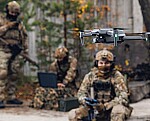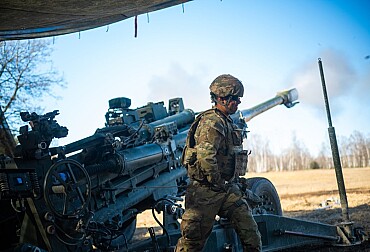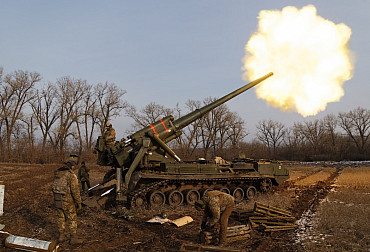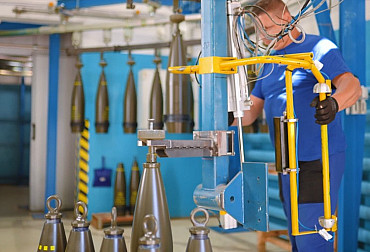Putin boasts about the "unkillable" Oreshnik missile: Experts call it "Weapon Rattling"
The Russians have reached another milestone in Ukraine by deploying an experimental ballistic missile called Oreshnik for the first time. This was reportedly in response to the West's decision to allow Ukraine to use longer-range missiles on Russian territory. According to Vladimir Putin, no Western air defense system is currently capable of countering the new Russian missile. Kiev commented on the Oreshnik missile, stating that it reached speeds exceeding 13,000 kilometers per hour during the Dnipro attack, carried six warheads, and caused explosions that echoed for hours. Analysts have dismissed the launch as a strategic message from Putin, describing it as more "saber-rattling" than a credible threat to Europe or Ukraine's allies.
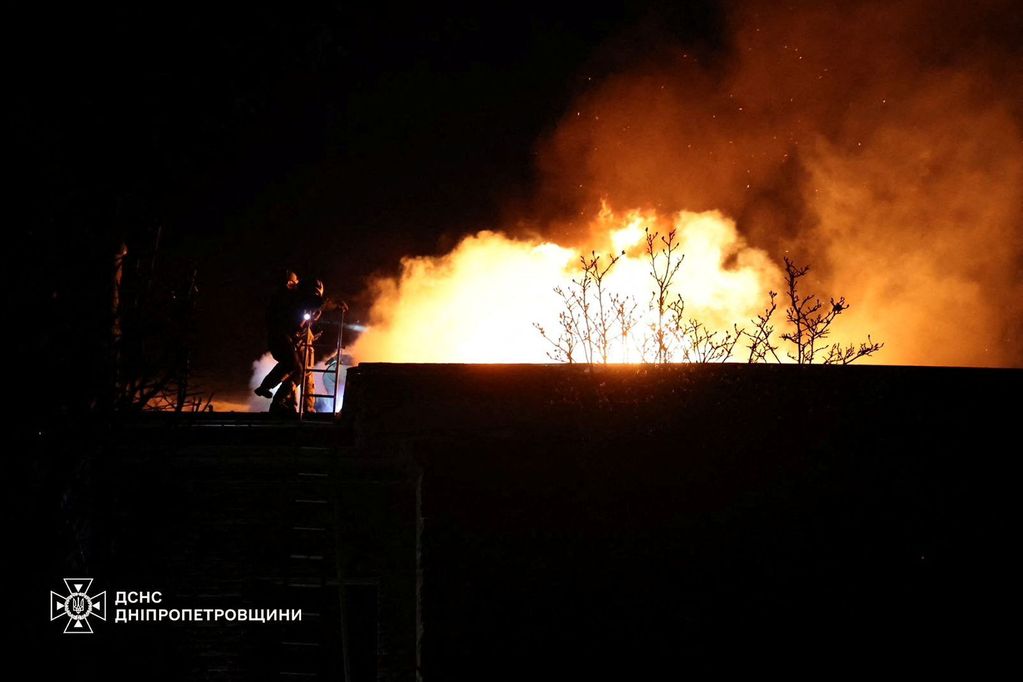
On November 21, Dnipro, Ukraine, became the site of the first combat deployment of what Russia claims is one of its most advanced ballistic missiles. The Oreshnik missile struck an industrial complex, bypassing Ukrainian air defenses, which failed to detect or intercept it. Ukrainian officials have argued that the missile exhibits characteristics of an intercontinental ballistic missile, a claim contested by Western representatives who maintain that such a launch would have been detected by U.S. nuclear alert systems. The missile reportedly carried six warheads, and eyewitnesses described explosions that lasted for three hours.
The Ukrainian Air Force confirmed the missile was launched from Astrakhan, Russia, more than 1,000 kilometers away near the Caspian Sea. It was fired from a mobile launcher at the Kapustin Yar cosmodrome, a site historically used for testing Soviet ballistic missiles and strategic bombers. According to Kiev, the Oreshnik missile achieved speeds of over 13,000 kilometers per hour—Mach 11—and struck its target in just 15 minutes. Ukraine's radar systems are incapable of detecting missiles traveling in the upper atmosphere. "Our Western partners likely saw this launch before we did," Ivan Kyrychevskyi, an expert with Ukraine's Defense Express, told The New York Times.
Vladimir Putin praised the missile during a televised speech. "Oreshnik is not a strategic nuclear weapon, but its striking power and accuracy make it comparable—especially when deployed in large numbers or combined with other high-precision, long-range systems," he claimed, asserting that the missile cannot be intercepted. "There is no countermeasure against such a missile today, no means to stop it," Putin added. He emphasized plans to continue testing and ramp up mass production, assuring the public that Russia has ample stockpiles of similar systems.
However, analysts have cast doubt on many of these claims. The name Oreshnik, which means "fox" in Russian, appears to be the only novel aspect of the missile. Experts believe it is largely similar to existing Russian medium-range ballistic missiles. "Putin is running out of options other than boasting and creating a spectacle," Stephen Schwartz, an independent nuclear weapons expert, told Axios. "He has made numerous claims and gestures, but they haven't deterred the actions of the United States, NATO, or Ukraine." Schwartz concluded that this is little more than "weapons rattling," with no significant threat to the broader international community.
Jeffrey Lewis, a U.S. State Department security adviser, echoed this sentiment on X (formerly Twitter): "On paper, Russia has adjusted its nuclear weapons policy, but these changes don’t signify a break from its past policies. Same wine, new bottle."
According to the U.S. Institute for the Study of War (ISW), Putin's promotion of the Oreshnik missile is an attempt to inflate Russia's military capabilities. The ISW dismisses claims that the missile represents a groundbreaking innovation, noting that it is based on the RS-26 Rubezh series of intercontinental ballistic missiles developed over a decade ago. "The November 21 strike does not showcase a fundamentally new capability for the Russian military. Instead, Moscow is leveraging rhetorical fanfare around the Dnipro strike to sow doubt among Western allies and potentially undermine support for Ukraine," the ISW stated.





